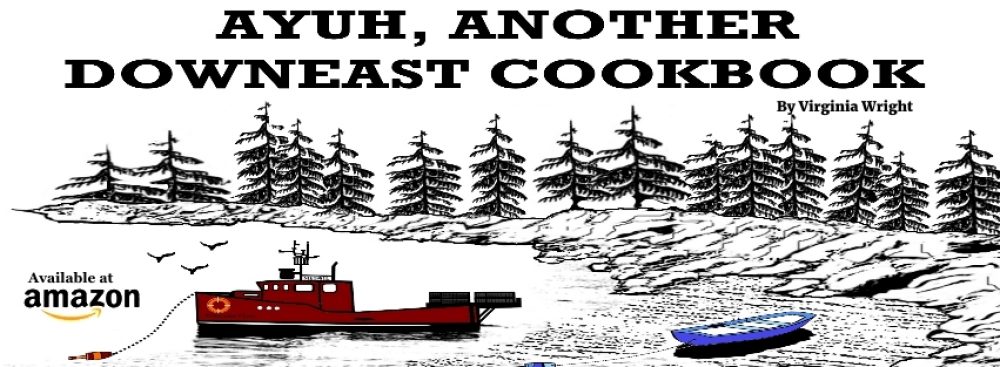By Virginia Wright
Happy Earth Day Everyone! I’ve been reading messages in one form or another all over the internet today. Google’s home page, on Blogs, in the Online Newspapers…but what is EARTH DAY and what does it mean to you?
Earth Day is a day that is planned for April 22 each year, for the next three years anyway, to help bring awareness and gratefulness of the Earth’s natural environment. It is a day for mankind to reconnect with the Earth and globally appreciating its existence. Earth Day has been around since April 22, 1970 when John McConnell Pioneered Earth day, and this day is now being coordinated by the Earth Day Network.
 GETTING ONE WITH THE EARTH and nature is good for the soul! Some of the best therapy, in my mind, is to take your bare hands and dig in the soil.
GETTING ONE WITH THE EARTH and nature is good for the soul! Some of the best therapy, in my mind, is to take your bare hands and dig in the soil.
How can you get your green on? You can start by giving back to the earth by planting your favorite plants, or favorite pollinator flowers…
Have you planted your pollinator garden yet? Earth Day, would be a good time to start!
Source (s):
http://en.wikipedia.org/wiki/Earth_Day
http://www.epa.gov/superfund/kids/earthday.htm
The greatest pollinators, bees, are responsible for one out of every three bites of the food we eat. Most of the food grown i.e., vegetables, fruit, need pollination by insects, such as the honeybee.




